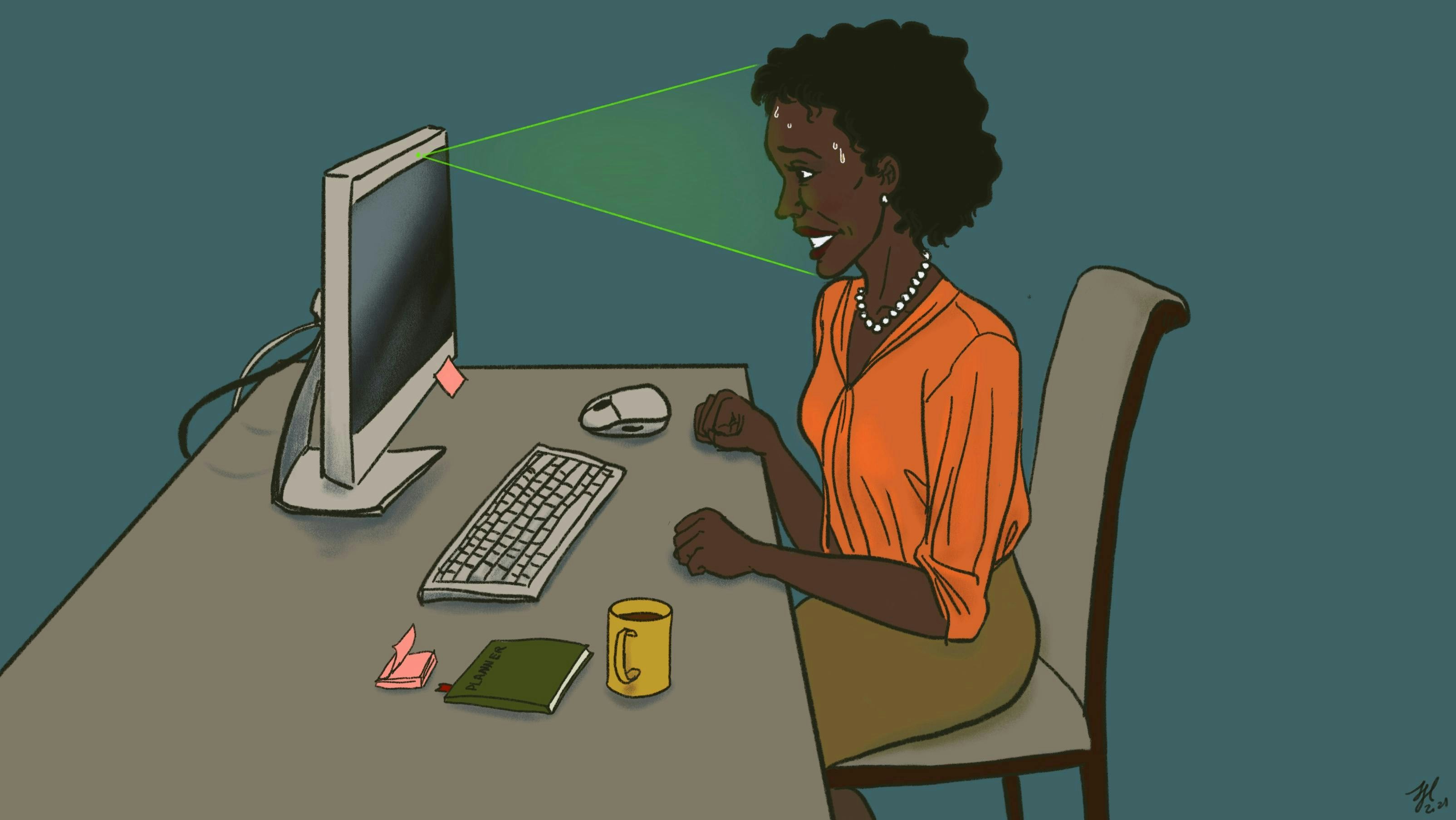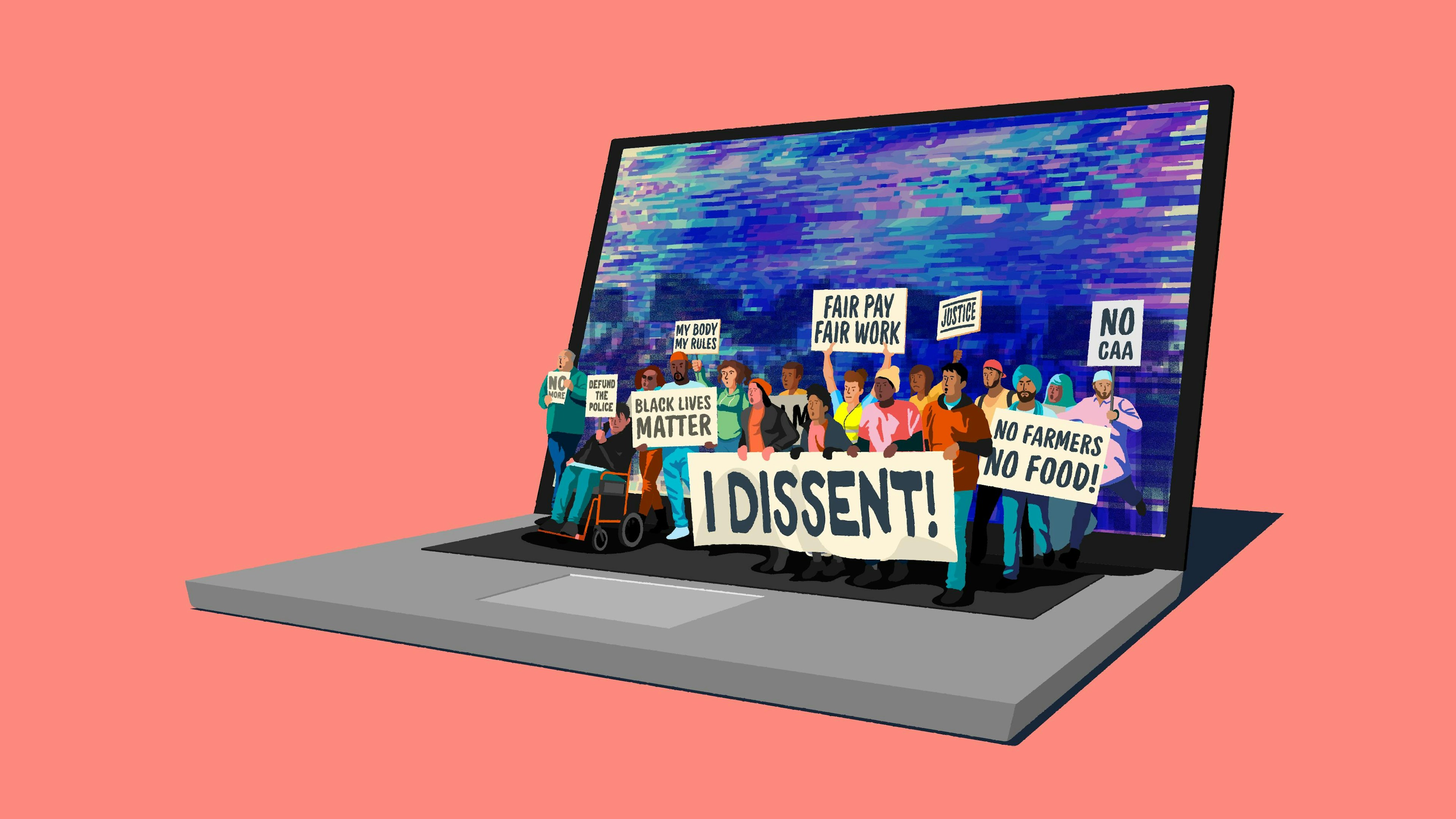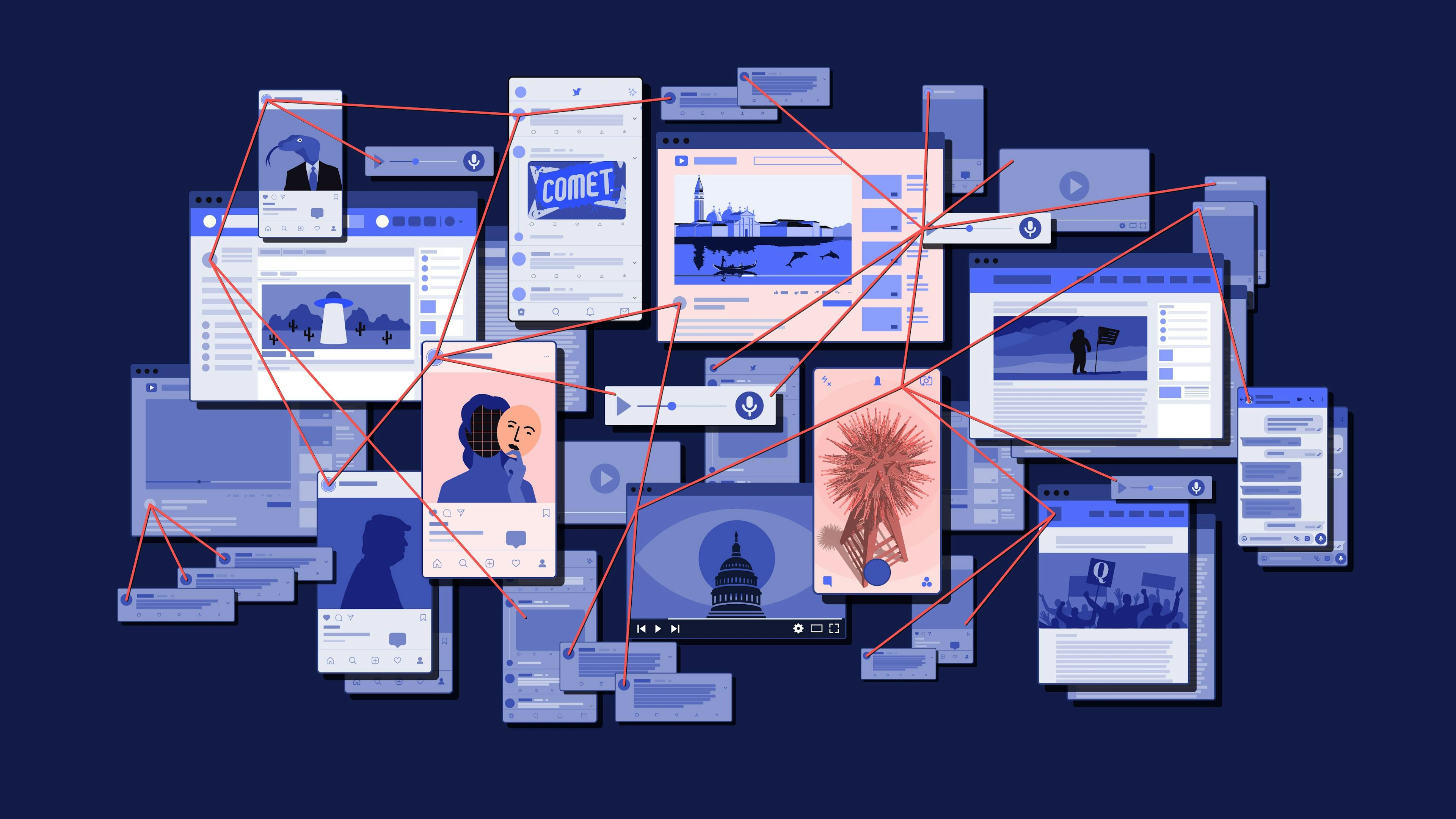Category:
Topic:
02/03
Sophisticated technology analysis made easy
The global data analytics platform for policy makers, investors and corporations financing emerging technology.
03/03
Get in touch
Connect with us in your preferred channel.
Category:
Topic:
02/03
Sophisticated technology analysis made easy
The global data analytics platform for policy makers, investors and corporations financing emerging technology.
03/03
Connect with us in your preferred channel.

Technology culture is fuelling an industry of wellness and life coaching ... and you are the product.

Is identity in the online world so different from the offline one? L'Atelier's digital anthropology stream discusses why we think digital selves do and don’t represent something transformative in how we see and understand identity, before looking to the future to consider where things might go.

On its face, nothing could be further from that active-questions philosophy of education than the progressive use of technology in learning. Kenneth Koedinger, a professor of Human-Computer Interaction and Psychology at Carnegie Mellon University (CMU), makes a passionate case to the contrary.

Social media are about more than content sharing. The size and quality of our online networks impact our identity, worth and ability to call on family, friends or colleagues. They are sources of social and cultural capital ... and may further exacerbate the distance between the well-informed and those less so.

Artificial intelligence has become standard in workforce management, exponentially so amid travel restrictions, and as a defence against the spread of COVID-19. Recruitment AI builds an idealised “model,” then seeks close characteristic matches. If you’re reading this while black, you already see the problem.

It is tempting to reduce dissent to a series of disruptive activities. But it’s crucial to remember it is a direct response to the acts of public institutions and structures of authority. In the virtual world, however, the state feels less visible. This is about to change.

Gaming is often characterised as a solitary, even alienating pursuit, but a 2014 study found that more than 70 percent of gamers play with a friend. And with the global coronavirus lockdowns of 2020, the value of video games as a social meeting place has only grown.

Conspiracy theories are on the rise, boosted by the spread of fake news and unravelling global crises. The rapid increase in our online presence, in combination with other factors, provides ideal conditions for them to thrive.